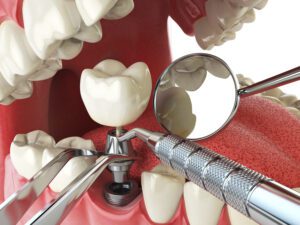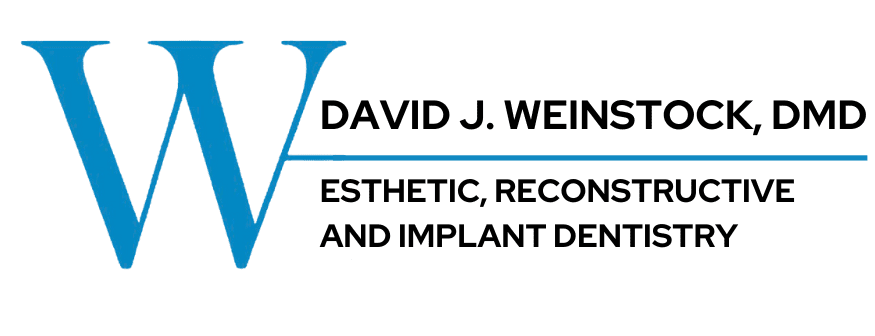Missing teeth can affect your confidence and oral health. Fortunately, modern dentistry offers several replacement options. Each option has its benefits and drawbacks. Understanding these choices can help you make an informed decision. Replacing missing teeth is crucial for maintaining oral function. It also prevents other dental issues from arising.

Replacement Options
Dental Implants
Dental implants serve as a popular option for replacing missing teeth. They consist of a titanium post surgically placed into the jawbone. This post acts as a root for the artificial tooth. The dentist attaches an abutment to the post, which holds the crown. The crown resembles a natural tooth in appearance and function. Dental implants provide a durable and long-lasting solution. They also help preserve the jawbone, preventing bone loss. This option requires a healthy jawbone and good oral hygiene. Not everyone is a candidate for dental implants.
Fixed Bridges
Fixed bridges offer another solution for missing teeth. A bridge consists of one or more artificial teeth anchored by crowns on adjacent teeth. Dentists bond the crowns to the natural teeth, securing the bridge in place. Bridges could restore your smile and improve chewing function. Bridges can last many years with proper care. However, they may need replacement or repair over time. Regular dental visits are essential for maintaining the health of the supporting teeth.
Removable Partial Dentures
Removable partial dentures can replace multiple missing teeth. These dentures consist of a metal framework with artificial teeth attached. You can remove them for cleaning and sleeping. Partial dentures offer a less invasive option compared to implants and bridges. They could help restore your ability to eat and speak properly. However, they may not feel as stable as fixed options. Partial dentures require proper care and maintenance. You need to clean them daily to prevent plaque buildup. They may also need adjustments for a comfortable fit. This option is often more affordable than implants or bridges. However, it may take time to adjust to wearing them.
Complete Dentures
Complete dentures replace all the teeth in your upper or lower jaw. These dentures rest on the gums and can be removed for cleaning. Dentists often recommend complete dentures for patients who have lost most or all of their teeth. They can improve appearance and function. However, they may require adjustments over time for a proper fit. Complete dentures could help you regain your smile. They also support facial muscles, preventing a sunken appearance. This option may involve a period of adjustment. You may experience some discomfort initially. However, most patients adapt to wearing dentures over time. Regular check-ups are crucial for maintaining their fit and comfort.
Factors to Consider
Several factors can influence your choice of tooth replacement. Your oral health, budget, and personal preferences play a role. Consult with your dentist to discuss the best option for you. They can guide you through the pros and cons of each choice. Consider the long-term implications and maintenance requirements. Dental implants offer a permanent solution but require surgery. Bridges provide a fixed option but involve altering adjacent teeth. Partial dentures offer a removable solution but may lack stability. Complete dentures replace all teeth but may need adjustments. Your dentist can help you weigh these factors.
Replacing missing teeth could improve your quality of life. Dental implants, bridges, and dentures each offer unique benefits. Discuss your options with a qualified dentist. They can help you achieve a healthy and beautiful smile. For more information on dental care and other services, visit Dr. David Weinstock. Explore the opportunities to enhance your oral health today.
